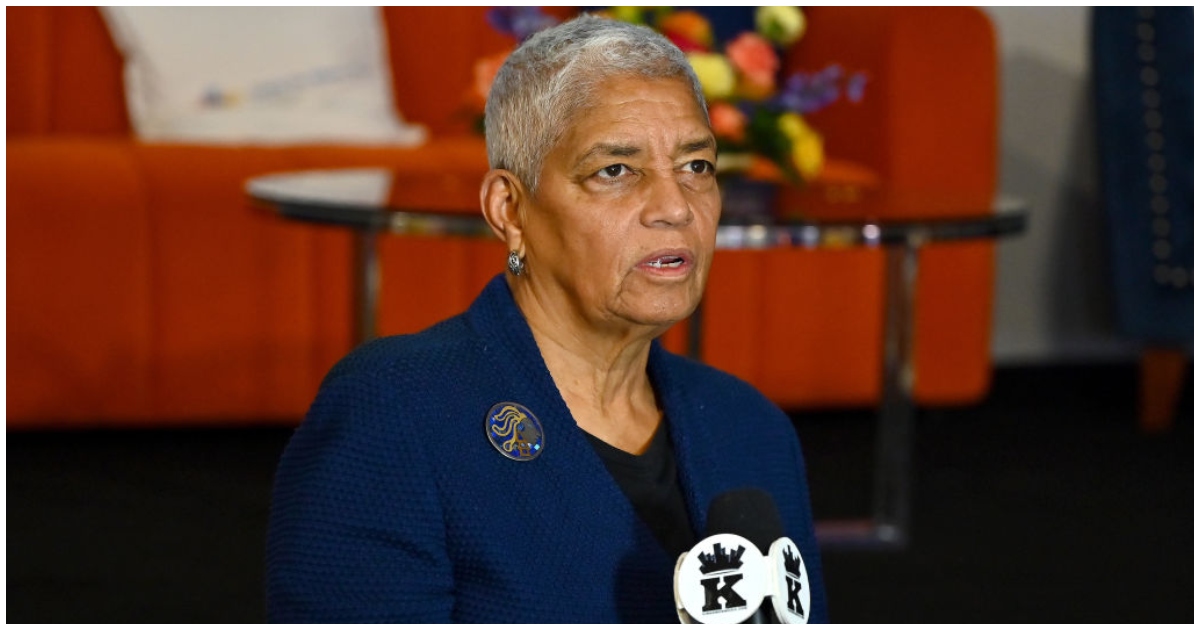Shirley Franklin made history in 2002 when she became the first Black woman to serve as mayor of Atlanta. Her groundbreaking achievement marked a significant milestone for both the city and the American South. Franklin’s leadership transformed Atlanta, leaving a lasting impact on its infrastructure, economy, and cultural landscape.
Trailblazing Leadership in the Heart of the South
Franklin’s election as mayor of Atlanta broke new ground. She was not only the first Black woman to lead the city but also the first to govern any major Southern U.S. city. This accomplishment came after decades of dedicated public service and community involvement.
During her two terms as mayor, Franklin tackled major challenges facing Atlanta. She implemented sweeping reforms and ambitious projects that would shape the city’s future. Her leadership style, combining vision with pragmatism, earned her widespread respect and admiration.
From Philadelphia to Atlanta: A Journey of Purpose
Born in Philadelphia, Franklin’s path to leadership began with a strong educational foundation. She studied at Howard University, focusing on psychology, anthropology, and African-American studies. Later, she returned to Philadelphia to earn a Master’s in Sociology from the University of Pennsylvania.
Franklin’s academic background shaped her approach to public service. It instilled in her a deep understanding of social issues and community dynamics. This knowledge would prove invaluable in her future role as a city leader.
Building Atlanta’s Future: Key Initiatives and Accomplishments
As mayor, Franklin spearheaded several transformative projects. She played a crucial role in expanding Hartsfield-Jackson International Airport, cementing its status as a global travel hub. Additionally, she championed the Atlanta BeltLine project, which has reshaped the city’s urban landscape.
Franklin’s administration also focused on critical infrastructure improvements. She led efforts to overhaul Atlanta’s aging sewer system, addressing long-standing environmental concerns. Her commitment to sustainability made Atlanta a leader in eco-friendly urban development in the South.
A Legacy of Ethics and Community Engagement
One of Franklin’s most significant contributions was her focus on ethical governance. She implemented reforms to restore public trust in city government. This commitment to transparency and accountability set a new standard for municipal leadership.
Franklin’s impact extended beyond policy initiatives. She remained deeply connected to the community throughout her tenure. Her approachability and willingness to engage with citizens at all levels earned her the nickname “the people’s champion.”
Continued Influence and Mentorship
Even after leaving office, Franklin’s influence in Atlanta and beyond continues. She remains active in community affairs, mentoring young leaders and supporting various causes. Her willingness to share her experience and wisdom has inspired a new generation of public servants.
Franklin’s dedication to education and youth empowerment is evident in her ongoing activities. She participates in career panels at local high schools and engages with students, sharing insights from her remarkable journey.
A Model of Servant Leadership
Shirley Franklin’s career exemplifies true servant leadership. Her ability to balance visionary thinking with practical problem-solving has left an indelible mark on Atlanta. From infrastructure improvements to ethical reforms, her legacy continues to shape the city’s development.
Franklin’s journey from academia to city hall demonstrates the power of education and civic engagement. Her story serves as an inspiration to aspiring leaders, particularly women and people of color in public service.





